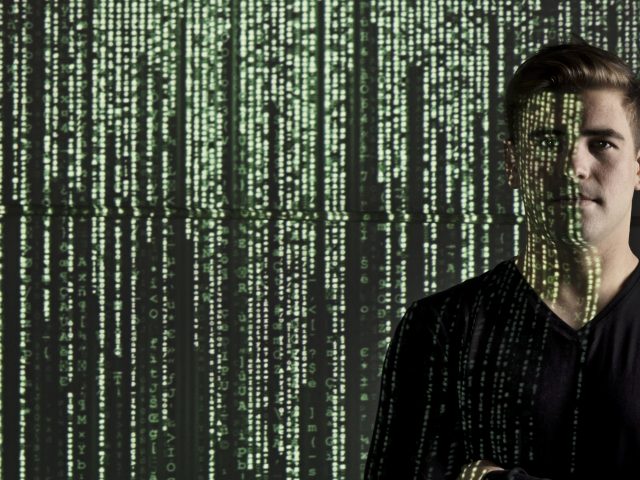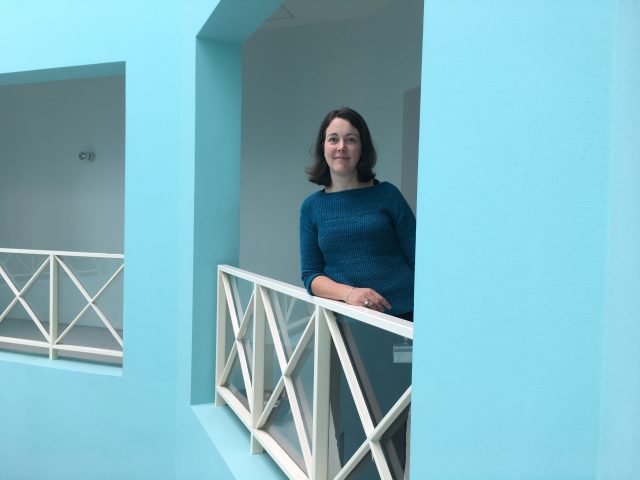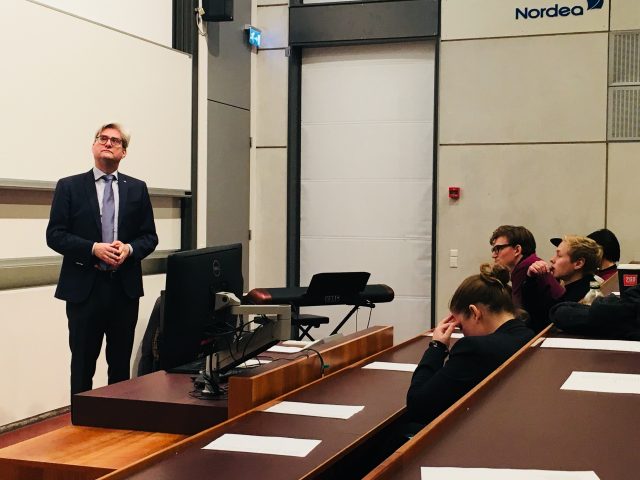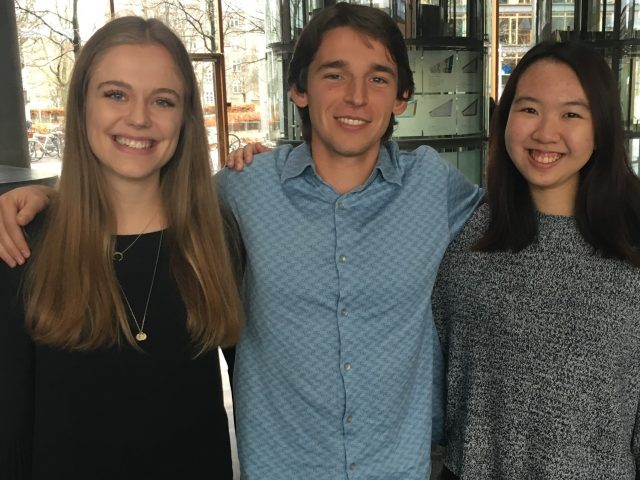CBS gets its hands on a gold mine of data

(Illustration: Shutterstock)
CBS has become in charge of coordinating the new data platform Danish Research Data for the Social Sciences (DRDS). It gives easier access to humongous amounts of data, which Denmark is world renowned for collecting and preserving. “The only limit is your imagination,” says the Dean of Research at CBS about the endless possibilities of the new data platform.
In Denmark, we are world renowned for our data and collections.
Until recently, we had the largest collection of brains in the world, and at the University of Southern Denmark they have a collection of 15,000 skeletons, some of which dating back to the Middle Ages. And then we also have unique sets of data on close to everything.
Data on our health, from cancer tumors to happiness. Data on our level of education. Data on how much a company earns or even on their CO2 emissions.
Now, some of all that data will become available for researchers, students, institutions, and companies in and out of Denmark. This is all tanks to CBS being in charge of coordinating a new data platform called the Danish Research Data for the Social Scienc
“In Denmark, we have been using register data for many years, as we are organized around the CVR and CPR registers. This has made it possible to collect, preserve, and give others access to those data sets. This is quite unique, as other countries don’t have registers of the same quality or are not allowed to use and interconnect those data,” says Peter Møllgaard, the Dean of Research at CBS.
Danish data is special because of our comprehensive CVR and CPR registers, in which enormous amounts of data is collected about almost every business and every Dane. The CPR-system was first introduced in 1968.
“With this platform, we acquire better data about the business community. We get to put them in one place and we have the possibility to interrelate the data in an easier way. All this should boost research within the social science.”
Peter Møllgaard gives an example of research made at CBS based on some of the data which will be available through the platform.
“Researchers at CBS looked at what happens to a business when, for example, a manager died unexpectedly. What happens to the performance of the business in different aspects and how does it affect profits? With data from the CVR register, they could see that the business didn’t earn as much. This shows how important leadership is and that it is a good idea to have a plan if such things were to happen,” he says.
A victory for CBS
CBS is not alone in the project revolving around DRDS. But the fact that CBS is going to be in charge of it is a “victory”, says Peter Møllgaard.
“We have been working on being in charge of this for a couple of years, so it’s a victory that we have been appointed to manage this. And it makes good sense, as CBS specializes in the social sciences,” he says.
The new platform is going to give access to Statistics Denmark, which is the primary source for data. But DRDS will also give access to international data and continuously produce new data itself as a part of the project.
Your imagination is the only limit
Peter Møllgaard
Researchers already have access to some of the data, but by collecting most of it in one place makes it easier for researchers to see what kind of data is actually available, says Peter Møllgaard.
“Researchers don’t necessarily have access to the same kind of data and you can have similar sets of data at CBS and at the University of Aarhus. But by giving access to both sets via the platform, you get a more comprehensive data set,” he says.
A service to the world
Even though CBS is in charge of coordinating the new platform, it is not necessarily going to be located at CBS. Most of the data exists on servers spread out in Denmark and other countries. But it is people from CBS who will be in charge of getting the platform up and running and ensuring that the data is available and accessible..
At the moment, Peter Møllgaard cannot give an exact date for when the platform will be ready, but it will be worked on continuously for the up and coming years.
“It takes time to get this thing up and running, as we will have to improve a lot of the data available and translate the descriptions into English. But we are already working on this and it will provide much better data and analysis in the end. It is a service to the world,” he says and adds:
“In terms of what you want to figure out with all this data, your imagination is the only limit.”




































































































































Comments